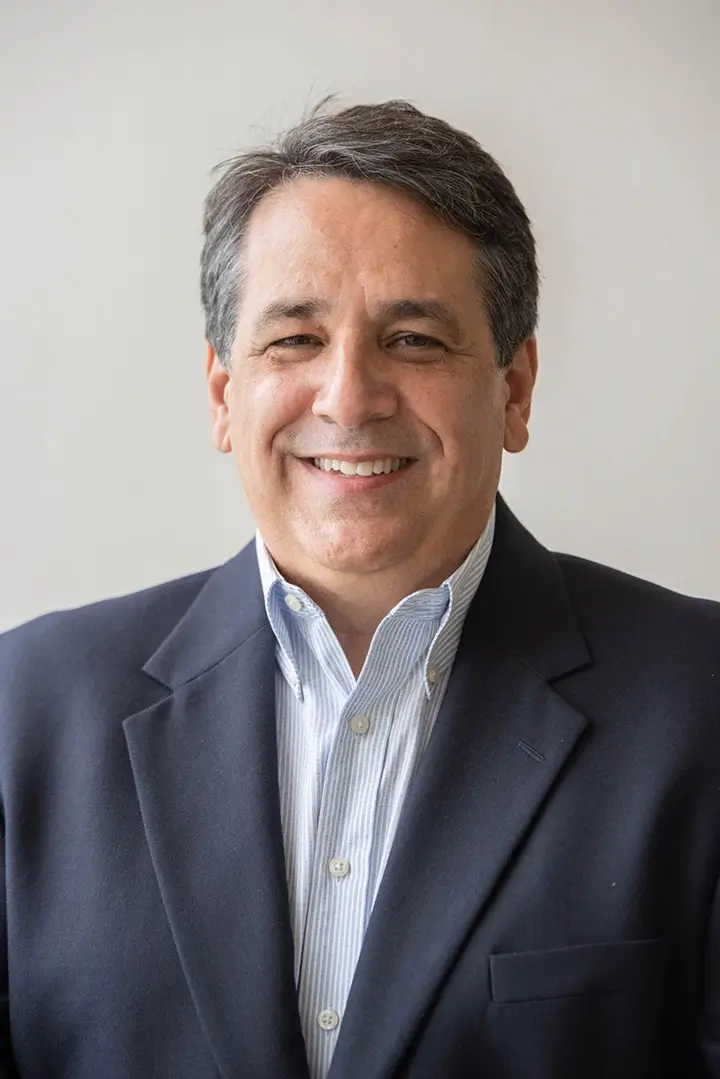Neil Riordan, PhD speaks at the Riordan-McKenna Institute and Stem Cell Institute fall seminar in Southlake, Texas on October 10, 2015.
Dr. Riordan discusses:
- How our lab selects uses specialized screening techniques to select only the stem cells that we know will be the most useful for our patients. Only about 1 in 100 cords pass this screening process.
- How umbilical cord mesenchymal stem cells (MSC) control inflammation, modulate the immune system and stimulate regeneration.
- How the number and function of our own stem cells decline over time.
- How MSC secretions promote healing
- Where MSCs are found in our body
- First clinic trial in the US using umbilical cord tissue-derived stem cells
- How MSC doubling times dramatically decrease as people age, which is why cord cells are much more robust than a patient’s own cells as they age
- The origin of Medistem Lab in Panama
- Why the Stem Cell Institute and Medistem Labs are in Panama
- Stem cell therapy laws and approvals around the world
- Global interest in mesenchymal stem cell therapy research
- Current clinical trials using mesenchymal stem cells
- Clinical trials in Panama
- Collaborations with corporations and educational institutions
- Mesenchymal stem cell selection, donor selection, and testing
- Brief tour of Medistem Panama stem cell laboratory
- Isolation and production of mesenchymal stem cells
- Discovery of mesenchymal stem cells in menstrual blood
- Umbilical cord mesenchymal stem cell studies for rheumatoid arthritis
- The role of T-regulatory cells in rheumatoid arthritis and multiple sclerosis
- Treating spinal cord injuries with mesenchymal stem cells
- Mechanism of mesenchymal stem cells on spinal cord injury. They are not becoming tissue. It’s their secretions that allow the spinal cord to heal itself.
- Umbilical cord MSC studies on spinal cord injury
- Data from Stem Cell Institute spinal cord injury patients
- Video from treated spinal cord injury patients
- Postnatal MSC safety
- MSCs and cancer risk – MSCs have been shows to actually inhibit tumor growth

